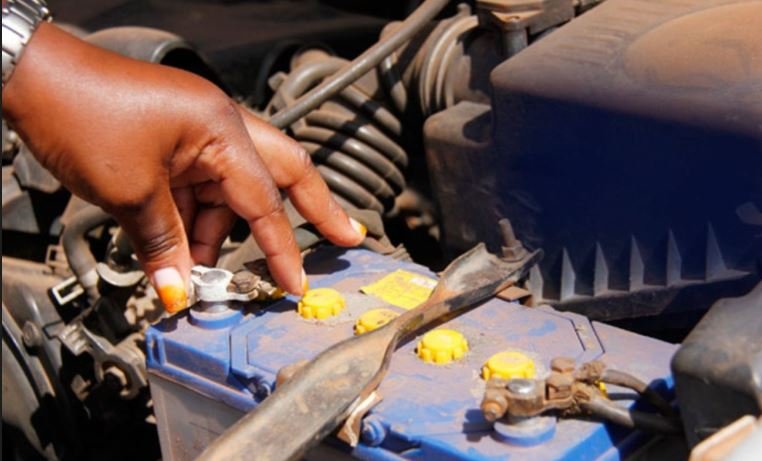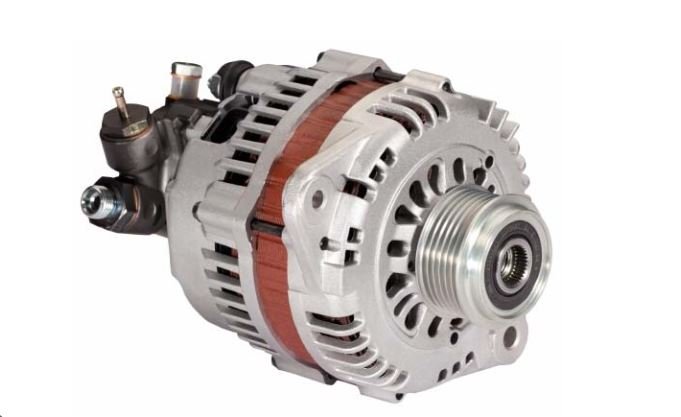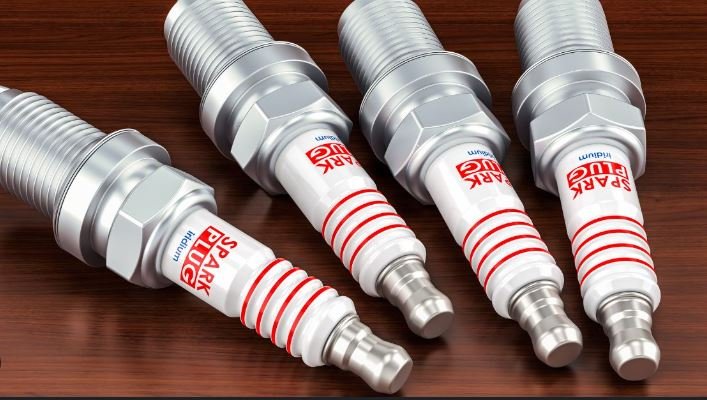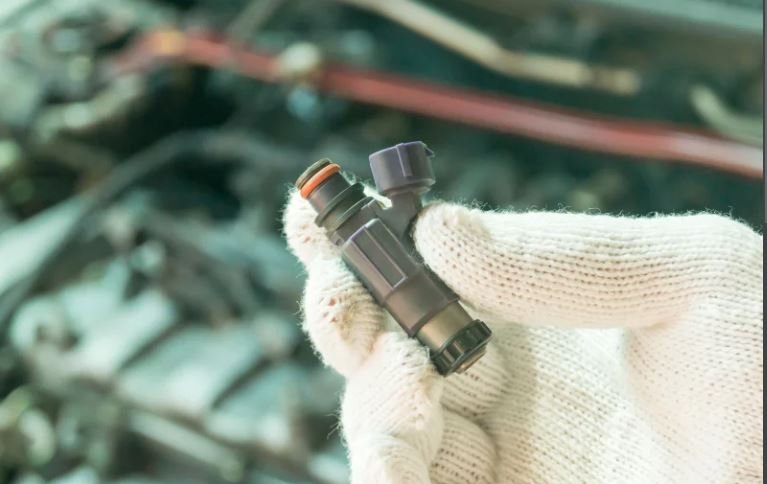Maintaining your vehicle’s battery is essential for reliable performance and longevity. Regular care can prevent unexpected breakdowns and extend the battery’s lifespan. This guide provides practical tips and important considerations for effective battery maintenance, helping you keep your vehicle running smoothly.
1. Regular Inspections
Regular inspections are crucial for maintaining your battery. Check the battery terminals and connections for corrosion, dirt, or loose connections. Clean any build-up with a mixture of baking soda and water, ensuring the battery terminals are free of corrosion. Regularly inspecting your battery helps detect issues before they become serious problems.

2. Ensure Proper Charging
Proper charging is vital for battery health. Ensure your vehicle’s charging system, including the alternator, is functioning correctly. A faulty charging system can lead to overcharging or undercharging, both of which can damage the battery. Check the charging system regularly to maintain optimal battery performance.
3. Keep the Battery Clean
Keeping the battery clean is important for its performance and longevity. Wipe down the battery and its terminals with a clean, dry cloth to remove dust and debris. Avoid using abrasive materials that could damage the battery or its components. Regular cleaning helps prevent corrosion and ensures good electrical contact.
4. Check Battery Fluid Levels
Some batteries require checking and topping off fluid levels. If your battery has removable caps, check the fluid level and top it off with distilled water if necessary. Maintaining the correct fluid level prevents the battery from drying out and ensures it operates efficiently.
5. Test Battery Health
Regularly testing your battery’s health can help identify potential issues before they lead to failure. Use a multimeter or battery tester to measure the battery’s voltage and overall condition. Many auto parts stores offer free battery testing services, which can provide valuable insights into your battery’s health.
6. Protect from Extreme Temperatures
Extreme temperatures can affect battery performance. In cold weather, the battery’s ability to start the engine can diminish. In hot weather, excessive heat can accelerate battery degradation. Park your vehicle in a garage or shaded area when possible to protect the battery from extreme temperatures.
7. Secure the Battery
A properly secured battery is less likely to experience vibration-related damage. Ensure the battery is firmly secured in its tray with the appropriate hold-down clamps. Loose batteries can shift and cause internal damage, leading to premature failure.
8. Avoid Short Trips
Frequent short trips can prevent your battery from fully charging. Short trips may not allow the alternator to charge the battery sufficiently, leading to reduced battery life. Whenever possible, combine short trips into longer drives to ensure the battery receives a full charge.
9. Replace When Necessary
Batteries have a limited lifespan and will eventually need replacement. If you notice signs of battery failure, such as difficulty starting the engine, dim headlights, or frequent battery warning lights, it may be time for a replacement. Consult your vehicle’s manual or a professional to determine the appropriate battery for your car.
10. Conclusion
Effective battery maintenance involves regular inspections, proper charging, cleanliness, and protection from extreme conditions. By following these maintenance tips, you can extend the life of your battery, enhance vehicle performance, and avoid unexpected breakdowns. Regular care ensures your vehicle remains reliable and ready for any journey.




